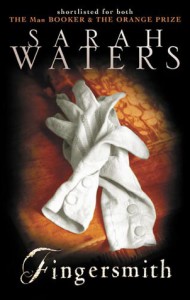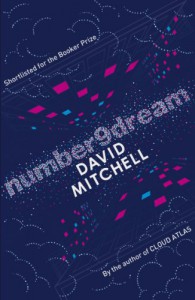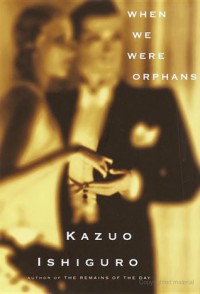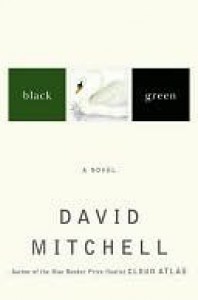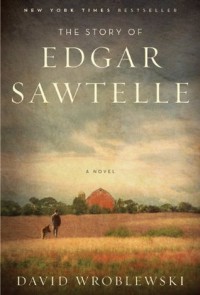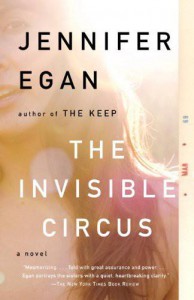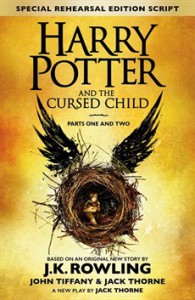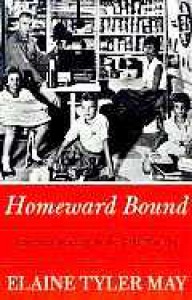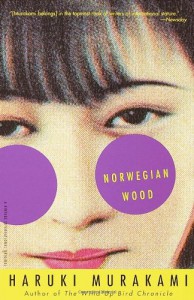SPOILER ALERT!
The Kite Runner
 DNF at 61% (Chapter 19)
DNF at 61% (Chapter 19)I tried to like this book. I really did. In fact, throughout the first quarter of the book, I truly *did* enjoy it. Hosseini's not a bad writer, and his prose flourishes when describing the vibrance and culture of prewar Kabul. He captures childhood nostalgia so perfectly, and the relationship between young Amir and Hassan is heartbreaking and bittersweet.
But after the first time skip, this book failed to hold my attention. Amir is an absolutely miserable, deplorable character - not in an anti-hero way like Walter White, where I was just waiting for his inevitable downfall. I wanted Amir to shut up about how much he hates himself, go away forever, and stop letting bad things happen to good people. Unfortunately, he is *The Kite Runner*'s protagonist.
By the halfway mark, all the characters who brought charisma and interest to the story are dead (Hassan, Baba, Rahim Kahn) and I'm left with boring, useless, self-hating Amir. This is where I chose to quit the story. Also after the weird reveal that Amir and Hassan are half-brothers.
I understand why people like this book, but I can't bring myself to enjoy pointless torture porn like this. 2 stars for how much I enjoyed the first quarter of the book.

